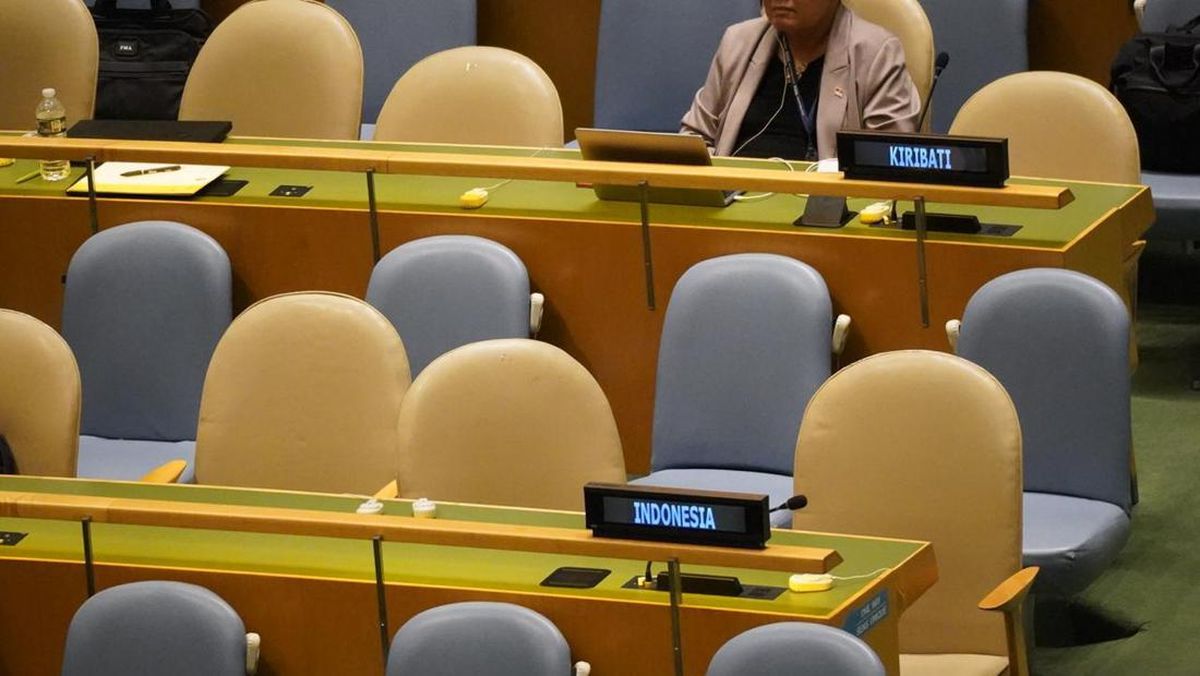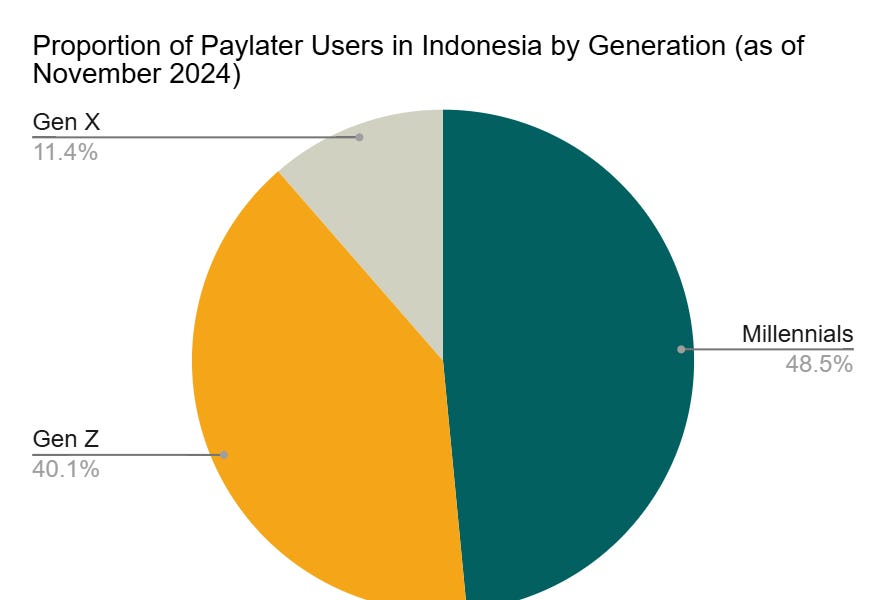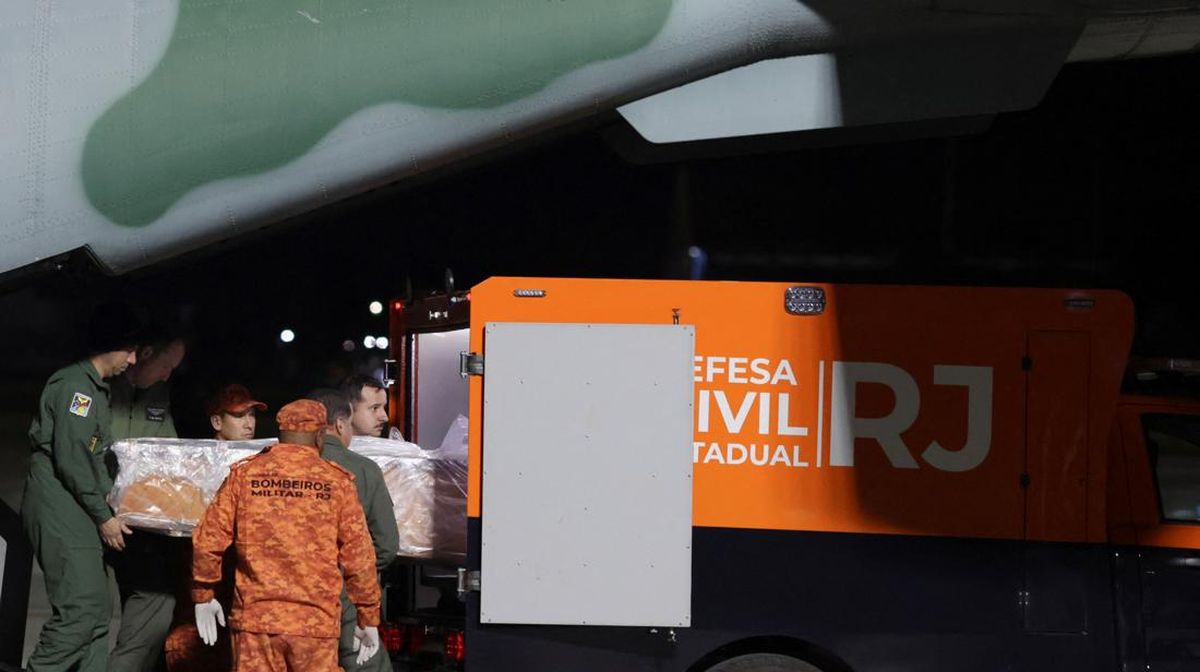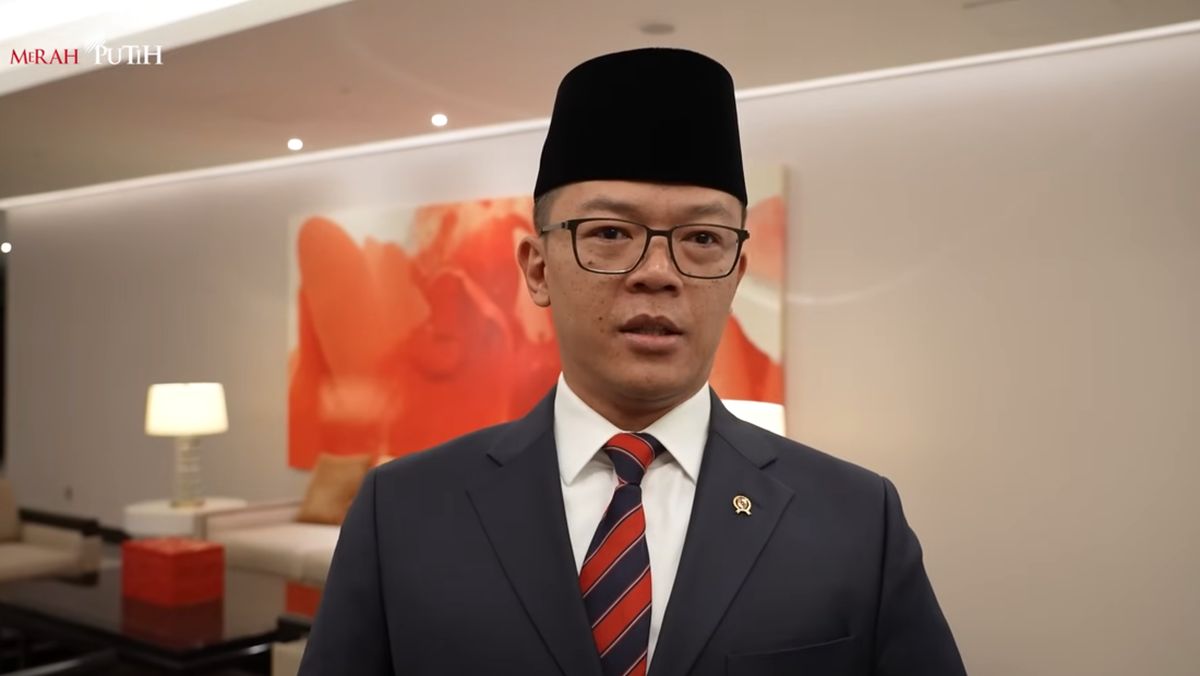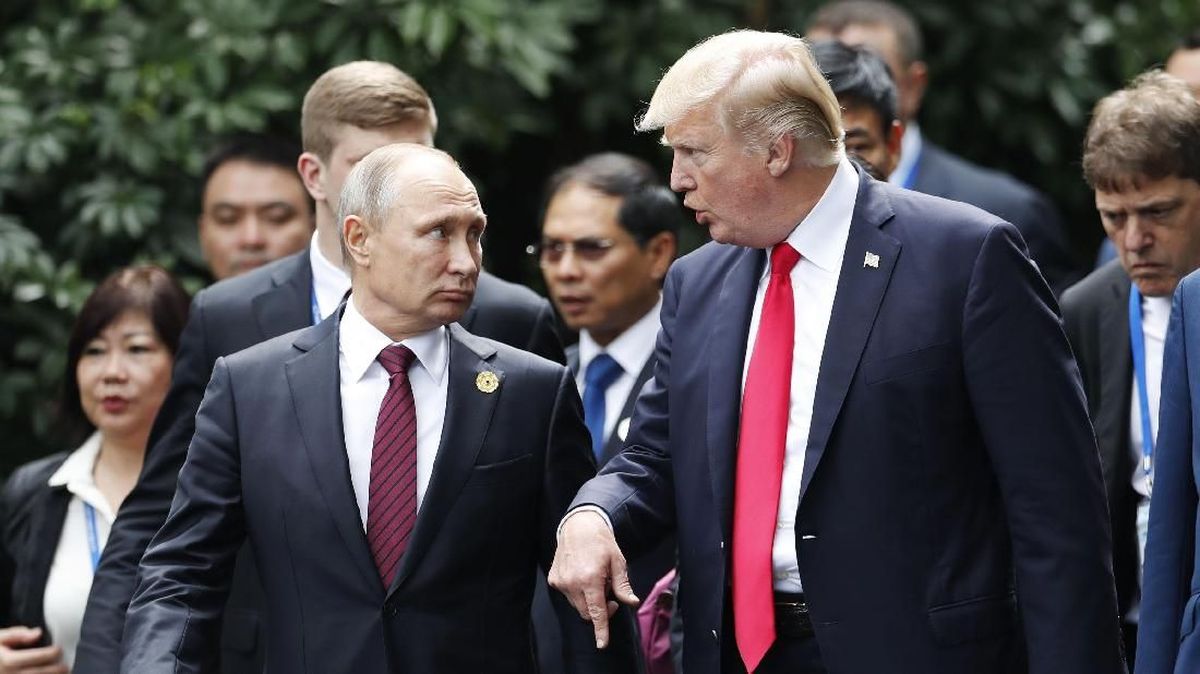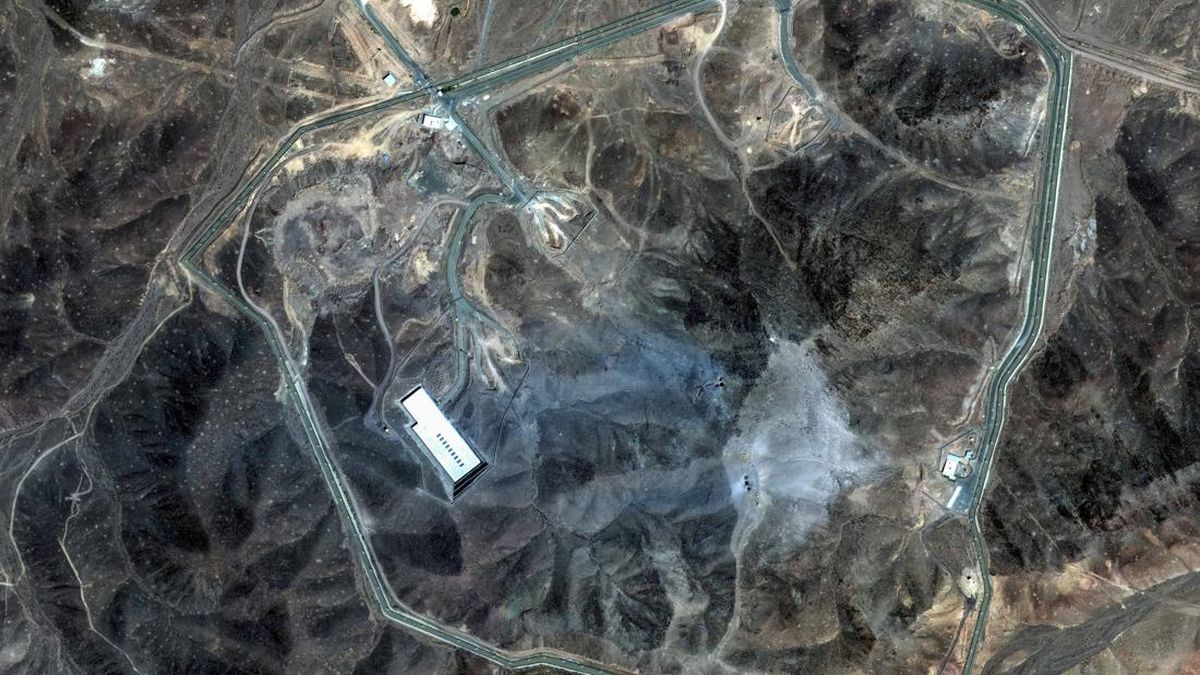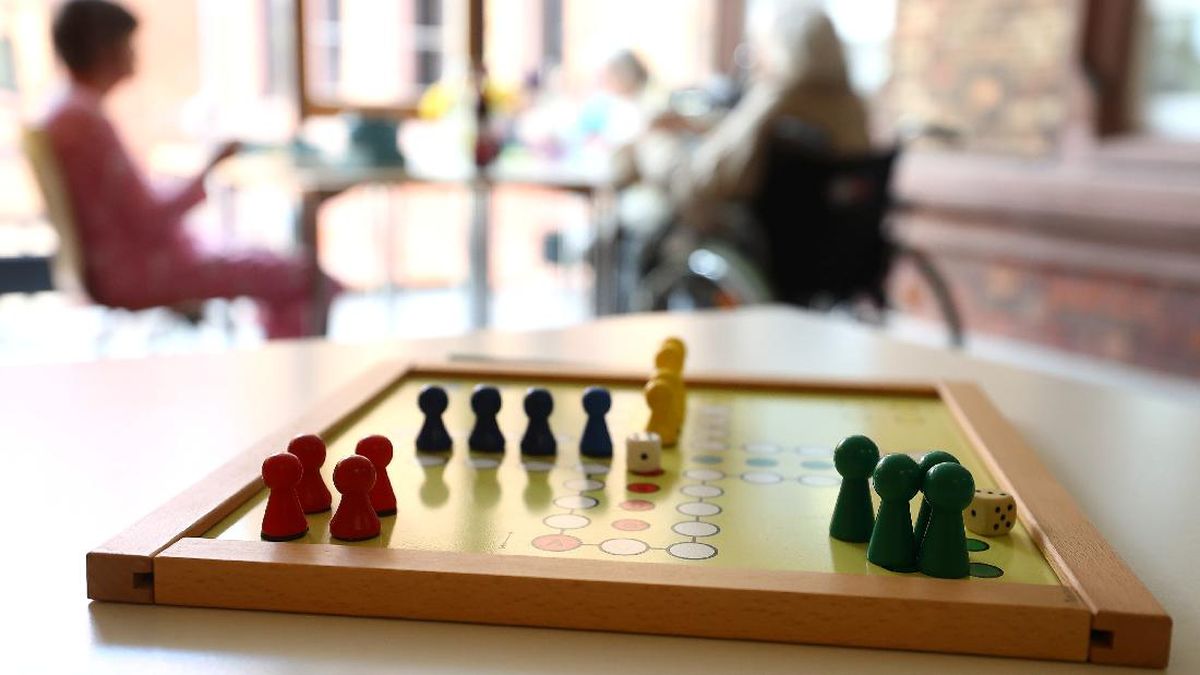Israeli attacks across Gaza have killed at least 82 people since dawn, according to Gaza’s Health Ministry, amid ongoing ceasefire talks and criticism of plans to forcibly transfer Palestinians to Rafah.
Among those killed on Thursday, 15 people, including nine children and four women, were killed in an Israeli air attack while waiting in line for nutritional supplies for children in Deir el-Balah, central Gaza.
At least 30 others were wounded, including 19 children, during the Israeli attack.
Catherine Russell, the director of the United Nations Children’s Fund (UNICEF), condemned the attack on aid seekers and said the killing of families trying to access aid was “unconscionable”.
“This is the cruel reality confronting many in Gaza today after months of insufficient aid being allowed into the territory and parties to the conflict failing to uphold basic responsibilities to protect civilians,” the UNICEF official said.
“The lack of aid means children are facing starvation while the risk of famine grows. The number of malnourished children will continue to rise until life-saving aid and services are resumed at full scale,” she added.
Russel called on Israel to ensure “full compliance with international humanitarian law” and to conduct an investigation into the incident.
Separately, Hamas condemned the attack and said it was part of Israel’s “ongoing campaign of genocide in the Strip”.
Israel is “escalating its brutal massacres against innocent civilians in schools, streets, displacement camps, and civilian centres, in a systematic behaviour that amounts to a full-fledged ethnic cleansing crime, perpetrated in full view of the world”, the Palestinian group said.
Since Israel began its war on Gaza after the October 7, 2023, Hamas attack that killed 1,139 people in Israel, at least 57,762 Palestinians have been killed, and 137,656 others have been wounded, according to Gaza’s Health Ministry.
Forced displacement
Since Sunday, Israel and Hamas, through mediators including the United States, Qatar and Egypt, have been involved in intense negotiations to come to a ceasefire deal that will pause Israeli attacks on the enclave and return the captives.
While Hamas said that it had agreed to release 10 captives in what is expected to be a 60-day ceasefire, the group said on Thursday that issues remained on the flow of aid into Gaza and the withdrawal of Israeli troops.
Israeli Prime Minister Benjamin Netanyahu, who was preparing to leave the US on the last day of a series of meetings in Washington, DC, said Israel continues to pursue a deal for a 60-day pause in the fighting and the release of half the 50 captives remaining in Gaza.
Once that deal is in place, Israel is prepared to negotiate a permanent end to the war, Netanyahu said – but only on the condition that Hamas disarms and gives up its governing and military capabilities in Gaza.
“If this can be achieved through negotiations, so much the better,” he said in a video statement. “If it is not achieved through negotiations in 60 days, we will achieve it in other ways; by using force.”
This comes as Israeli Defence Minister Israel Katz announced earlier this week a plan to forcibly transfer Palestinians to a tent city in Rafah, southern Gaza, potentially affecting any ceasefire deal.
Tamara Alrifai, a senior communications director at the UN Relief and Works Agency for Palestine Refugees (UNRWA), told Al Jazeera that the plan would “de facto create massive concentration camps at the border with Egypt for the Palestinians”.
“We cannot be silent and complicit of such large-scale forced displacement,” she said.
 Displaced Palestinians make their way towards the al-Mawasi area as they flee amid an Israeli ground offensive, in Khan Younis in the southern Gaza Strip, July 10, 2025 [Hatem Khaled/Reuters]
Displaced Palestinians make their way towards the al-Mawasi area as they flee amid an Israeli ground offensive, in Khan Younis in the southern Gaza Strip, July 10, 2025 [Hatem Khaled/Reuters]EU deal for Gaza aid
Beyond the front lines, European officials struck a new deal with Israel to allow desperately needed food and fuel into Gaza, the European Union’s foreign policy chief said on Thursday.
The agreement could result in “more crossings open, aid and food trucks entering Gaza, repair of vital infrastructure and protection of aid workers”, said Kaja Kallas, the 27-member EU’s top diplomat.
“We count on Israel to implement every measure agreed,” she said in a post on social media.
Aid groups say Israeli military restrictions and recurring violence have made it difficult to deliver assistance in Gaza even after Israel eased a total blockade in May. Experts have warned that the territory is at risk of famine, 21 months into Israel’s war.
Kallas said the deal would reactivate aid corridors from Jordan and Egypt and reopen community bakeries and kitchens across Gaza.
Israeli Foreign Minister Gideon Saar acknowledged the deal while attending a conference in Vienna, saying it came “following our dialogue with the EU”. He said the deal includes “more trucks, more crossings and more routes for the humanitarian efforts”.
Neither Saar nor Kallas said whether the aid would go through the UN-run system or the controversial alternative, US- and Israeli-backed GHF mechanism that has been marred by violence and controversy.

 3 months ago
33
3 months ago
33


























